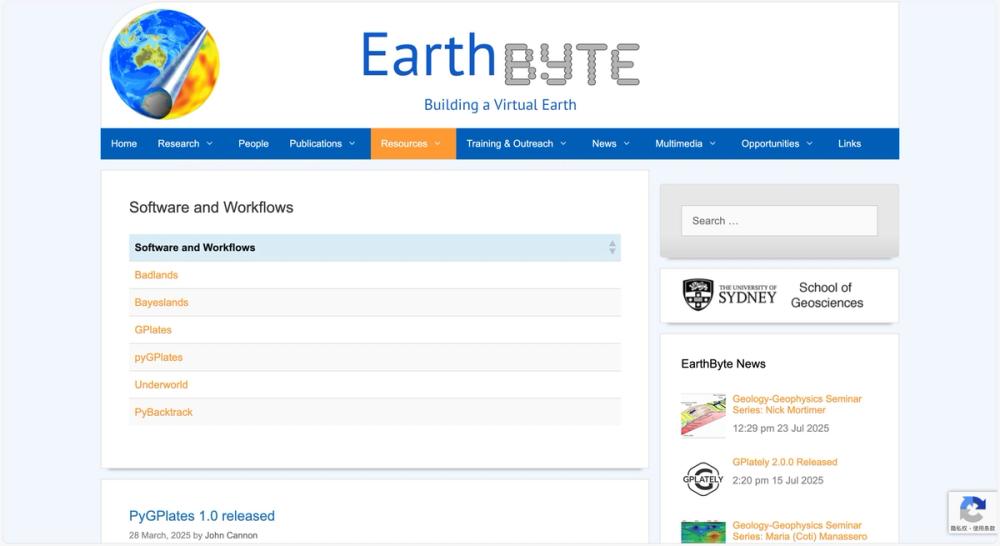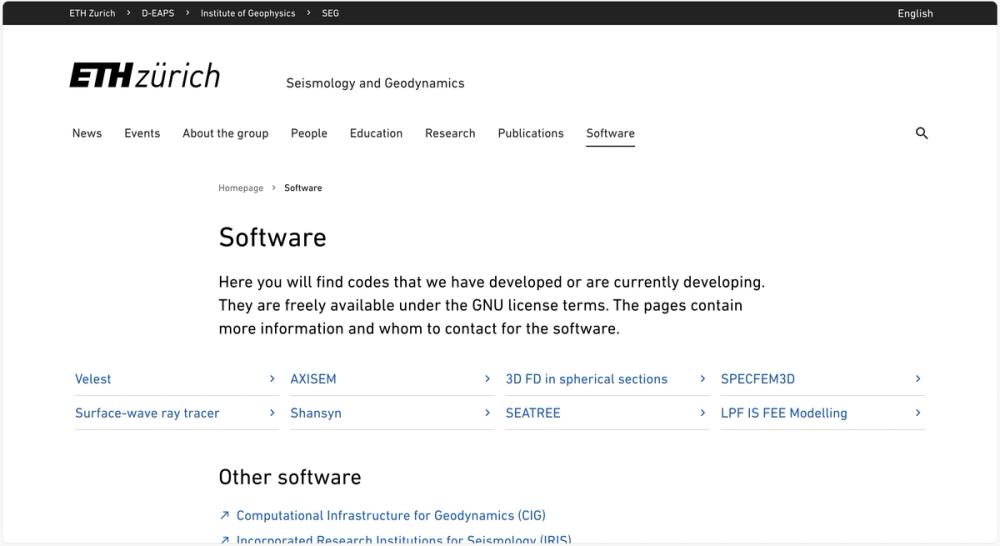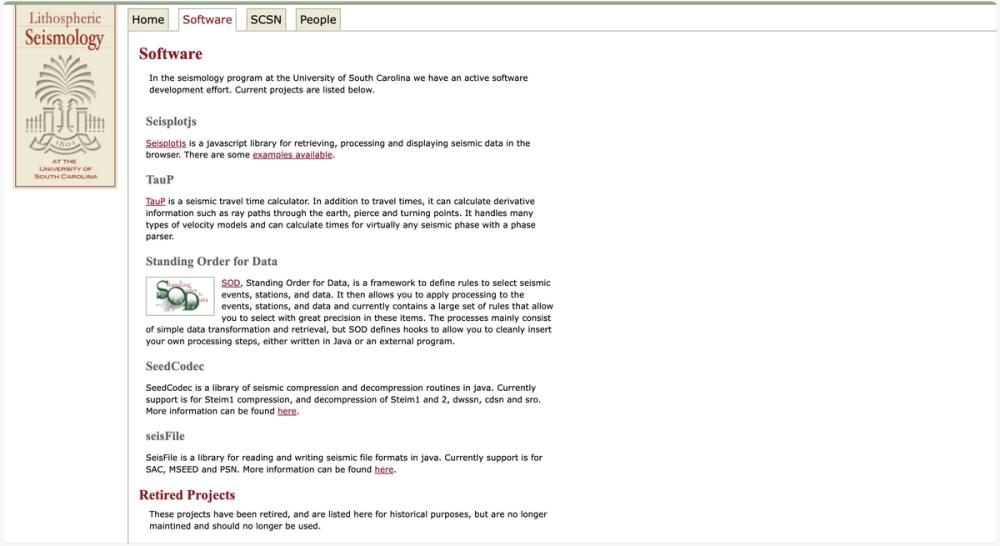Newsletter
Join the Community
Subscribe to our newsletter for the latest news and updates
A web-based platform for interactive computing across multiple programming languages.

EarthByte offers tools like GPlates for plate tectonics visualization, vital for geophysical research.

Freely available geophysical software under GNU license from ETH Zurich's Seismology and Geodynamics group.

Software tools for seismic data analysis and visualization from USC Seismology program.
Project Jupyter is an open-source platform that provides a web-based environment for interactive computing. It supports over 40 programming languages, including Python, R, Julia, and Scala, making it a versatile tool for data scientists, researchers, and educators. Jupyter offers tools like Jupyter Notebook, the classic interface for creating computational documents, and JupyterLab, a next-generation interface for advanced workflows in data science, machine learning, and scientific computing. Additionally, JupyterHub enables multi-user deployments for organizations and classrooms, while Voilà transforms notebooks into shareable web applications.